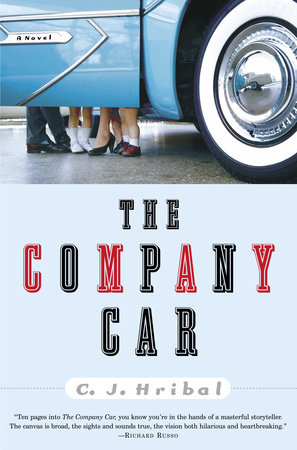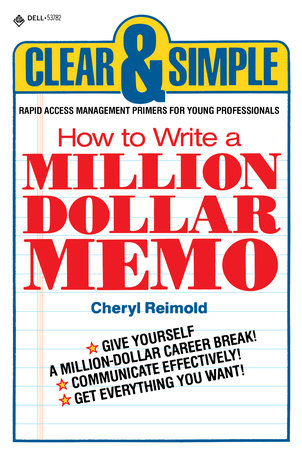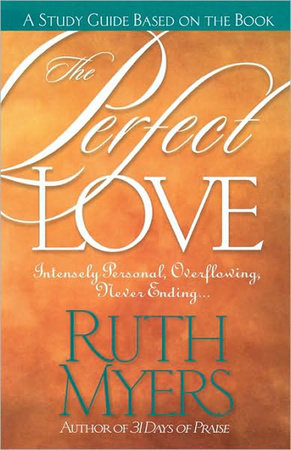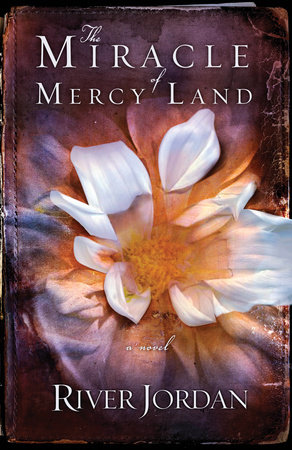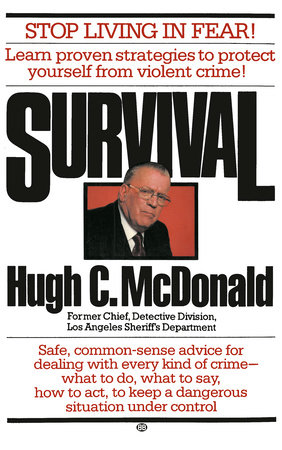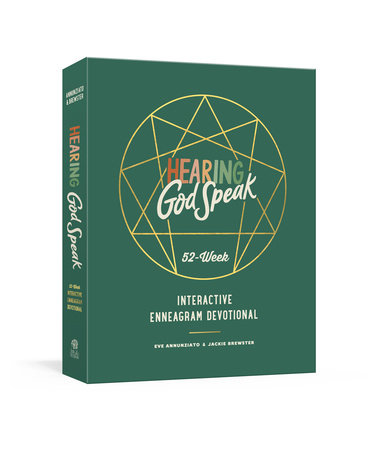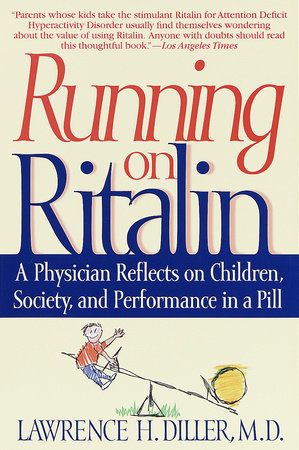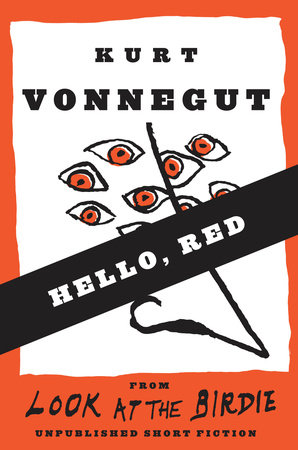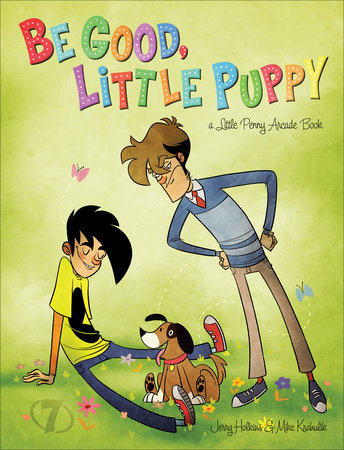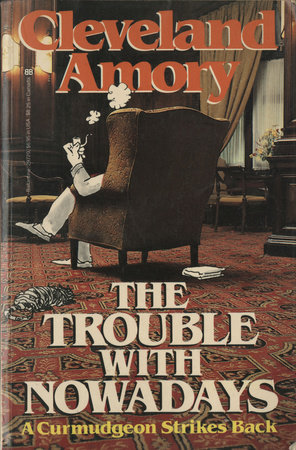Author Q&A
A Conversation with C. J. Hribal
Caroline Goyette, a writer for the Milwaukee Shepherd Express, speaks
with C. J. Hribal, author of The Company Car.
Caroline Goyette: You describe The Company Car as an epic for “the
little people.” What do you mean by this and why do you think it’s important
that this story be told?
C. J. Hribal: There was really a whole generation of people—they call
it the Greatest Generation—who had survived not one war but two, plus
they’d come of age as kids during the Great Depression. They’d had
things happen to them in war, and what they wanted more than anything
was to re-enter American life and get back to normal. What that
meant for waves and waves of them was getting married and pumping
out babies [laughs] and becoming company men. In the fifties and sixties,
there was this idea of just going along with stuff because that’s what
was expected of you. These people are parts of the backbone on which
this country’s built—that great wash of humanity just wanting to fit in
and not having things necessarily go quite the way they wanted them
to. I focused on one particular family and the way in which the Great
American Dream plays out for them over fifty years.
CG: You worked on the novel over a period of seven years. Could you
talk more about the process of working on the novel, especially how the
characters or the plot evolved over time, or how the finished product
may have turned out differently from the idea you began with?
CH: I wanted to tell the story of fifty years in America through one
family, or fifty years in one family and that would sort of be what America
went through. It was a common pattern—still is, really—starting in a
city and then moving to the suburbs, and then to the exurbs or, in the
case of this family, they skip over the exurbs and go to a farm, which of
course ends up filling in all around them. So you’ve got that kind of arc
going on.
Initially I was going to start with the parents getting married on TV
and end with their fiftieth wedding anniversary. I wrote it straight
through like that, and the draft was about 800 pages long. It took me
about four years to write it, two years to get the first 600 pages done, and
then about a year and a half, two years to get the last 200 pages done. My
agent showed it around, and a lot of people liked it but they all essentially
said the same thing: it’s too long, it’s 800 pages. Jonathan Karp at Random
House said he really liked it and if I could get the book down to 600
pages, he’d be interested in it. My agent Nat Sobel and a bunch of friends
who’d read it gave me some great suggestions on how to tighten it up
and, since it was so long, some ways to put a little more pressure on it.
What I ended up deciding to do was to take the ending event, the fiftieth
wedding anniversary, and open with that, with the kids gathering for it,
so now there’s pressure at the beginning, a frame that squeezes the narrative
on both ends and that you keep coming back to throughout. The
other thing I added to it as I was revising was the narrator’s own marriage
unraveling while they’re celebrating his parents’ fiftieth wedding anniversary.
It’s got this kind of bittersweet thing going on. The kids themselves
are deciding what to do with their folks because they’re getting to
an age—again, this is happening all across this country, has been for a
while—where you have to ask yourself what do you do with your folks
when they get too old to take care of themselves, or they’re getting close
to it and you have to make decisions. So there’s a celebration and a bittersweet
quality. It’s funny, I think I ended up adding more plot lines that
way, but it ended up being a shorter book.
CG: Eight hundred pages down to 400. That sounds like agony—
CH: And it was.
CG: In retrospect, was it necessary in some way to write those 800 pages
to get the 400?
CH: Oh, no question. I think this is true for a lot of writers: you end up
writing a lot more pages than you end up using. There are all the things
that you need to discover, that you have to get on the page, that the reader
may not need. So often your first draft or your second draft is really more
of a record of your process of discovering things, it’s not necessarily the
story people are going to read. Were there things I really liked that got
chopped? Oh, you betcha. What it really did, though, was force me to go
in and tighten things up as much as I could. I cut out some things I liked
but they were probably just digressive, ultimately. There’s a part of me
that says, well, I’ll hold that and it’ll be in another book sometime. There
was a whole plot line with a lot of the kids’ lives in it that was in the original
that I ended up taking out because the book became focused on the
parents’ marriage. And I’d like to use that some other time. In terms of
this book, it’s still pretty expansive but it’s more controlled.
It really only took me about six months to do the cutting and revising,
but it took me about a year, a year and a half, to steel myself to actually
doing it. First, you’re kind of monkeying around the edges of it, saying,
“Well, if I do a little of this, oh, if I do a little of that,” but in fact you’ve
got to hit a point where you just say, “You know what, it doesn’t need to
be here; it’s got to go.” I should say, too, I didn’t cut it to 400 pages. The
final draft was 500 manuscript pages, but that’s 400 in print.
CG: Augsbury has been the setting for several of your works. What
makes you return to it?
CH: A small town in a rural community on the edge of a burgeoning
area, like the Fox River Valley of Wisconsin, which is a bunch of communities
that are all exploding in population—that allows me to really think
a lot about the changing nature of America and the Midwest. For me,
Augsbury is a place that I don’t have to reimagine every single time, which
allows me to focus more on the characters, and yet at the same time, the
setting and the landscape are a very real part of what I’m working on.
CG: Wally’s clichés are a barrier to communication with the family and
at the same time, they become a kind of family language—other family
members find themselves using them. I’m curious about how the idea
for them developed.
CH: I borrowed from my own family. Some are family clichés, but in
fact when I started telling people about them, people were really willing
to offer their own to me. You’d find them in all sorts of places, those
kinds of statements that parents say, that you say you will never say to
your own kids, which you then find yourself saying to your own kids.
Because they’re clichés, they don’t carry that much meaning, but at the
same time, they’re freighted with all the events around them when they
were uttered, and so they do become meaningful within a family. I think
it does actually help bind this family together and make them feel part
of each other, in a way, even though at the same time, within that family,
it causes barriers to communication. I’m reminded of that great
Vietnam cliché: “We had to destroy the village in order to save it.”
CG: The parallels between Emmie and his parents—both the ones he
explicitly acknowledges and the ones we observe through his narrative—
were these a surprise to you as the writer?
CH: I suppose there’s the sense in which we all become our parents, in
one way or another, for good or for ill. I didn’t set out with that, but as
the story evolved, I realized that there were in fact parallels. One of the
stronger ones for me came out later in the book, when Emmie realizes
things are swirling around him and he has no control. He’s always had
a troubled relationship with his dad in terms of trying to understand
where his father was coming from. But when the ground under his own
feet changes in dramatic ways, he starts to understand––and I don’t think
he’s conscious of how much it is like his father—that in fact, he doesn’t
want things to change. The ironic thing is that his father changed fairly
regularly. One of the basic misapprehensions Emmie had was that his father
was a kind of stick-in-the-mud. As he becomes a more staid person
himself, he appreciates his dad. Ironically, his dad is getting ready to
make the next move. In other words, there are parallels in terms of the
ways they approach both change and stability.
CG: Emmie seems to be telling this story both to claim it for himself
and his children, and, in light of his own troubled marriage, to discern
how people manage to stay together for fifty years. Does telling the story
bring him closer to answering the question or just to a more complex
understanding of the problem?
CH: He’s mystified by it going in; that’s terribly troubling to him and
he’s very anxious about it. Over the course of examining his parents’ relationship
and telling about his own, he comes to understand that it’s
always going to be a mystery, you’re not going to come up with the definitive
answer because there isn’t one. And in a weird way, that ends up
being comforting.
CG: Do you see this as Emmie’s story, in the end? Or is it bigger than
he is?
CH: One of the family nicknames for him is Emcee. I see Emmie as the
ringmaster, introducing these family stories, these whirling dervishes of
stories, of which his is one. So he is very much a part of it, but he’s trying
to tell a larger story here, and although it’s very much the story of his
parents, it’s also the story of all those strivers, the “greatest generation,”
the silent majority.
CG: Wally thinks he can protect his family by moving them to the country,
and of course this isn’t the case—people die in the country, people get
hurt in the country, people get pregnant out of wedlock in the country.
There’s a moment at the end of the novel where Emmie counters his
father’s belief with his own hope for the children and grandchildren of
the family, to be “not protected, but happy.” Does protection preclude
happiness?
CH: There’s this idea that you can keep everybody in a bubble and the
outside world can’t touch them. It really is a truly noble idea. But it can’t
happen. The outside world intrudes anyway, in all sorts of ways. I think
it’s also very much an American belief, this idea that you can move to a
safe place. That’s sort of what’s generated America’s migrations for
much of the last part of this century, to the suburbs, the exurbs, the small
towns. It’s not as though the world doesn’t follow you, or you’re not
going to find the world there, too. It’s like being inside one of those
hourglass timers and trying to keep the sand from coming down on you;
it’s going to come down anyway. And I think ultimately you can be
happy in spite of the fact that that’s going to happen, and that’s what
Emmie comes to understand.
CG: Many of the episodes in the novel are told from Emmie’s childhood
perspective, or from Emmie remembering his childhood perspective.
The things he sees, to whatever extent he understands them,
emphasize further the difficulty of shielding your children from the
world. How did you go about putting yourself into that mindset, and did
it help that you have children yourself ?
CH: Oh, there’s no question having children helps. I say in the book,
thanks to my kids for teaching me how to resee the world. You get a different
perspective just because you’re on a different level, and you’re a
different height—you’re always looking up when you’re younger, and
the whole world is a mystery. In the book, Emmie’s parents’ marriage is
a mystery; his own marriage is a mystery. Once you have kids you’re
confronted by the biggest mystery, or challenge, of all. Their coming to
engage the world causes you to remember when the whole world was a
mystery for you, too. As a kid, you puzzle over the mystery of the adult
world. Having kids who constantly ask the “why” questions or the “how
come” questions, reminds you of what you felt as a child—it’s not like
you don’t have that perspective within you, it’s just that as you get older,
you shut it off. To turn it on again or to remember how I used to see the
world when I was a kid, I adopted a voice. I was very conscious about
this, of writing in a voice of someone who’s older, but who could, in talking
about the past, find himself sliding into that child’s perspective; it’s
called double-focus narration or retrospective narration. It’s not just the
adult looking back, but the adult re-feeling those events, so that the
reader feels it as Emmie felt it as a kid, while also being aware that it’s an
adult telling the story with an adult sensibility; that way you can cross the
gap between the way things were perceived and the way things actually
were, presenting them both.
CG: Like the narrator, you grew up in the Chicago suburbs and moved
to the country; you worked as a cookie salesman. I wondered if you
could talk a little bit about the process of beginning with literally what
you know, and moving beyond that to create something that transcends
personal experience, something that’s fictional, that’s art.
CH: That’s always a tough question. Things happen to you, things happen
to your friends, things happen to your family, you hear about things
that happen to people you don’t know, you imagine things that have
never happened, and it all becomes this amalgamation. When I first
wrote the novel, I designed it so that each chapter had a big event, and
there was lots of exposition in between. What I ended up doing in my revision
was cutting out a lot of that exposition. The exposition tended to
be stuff I remembered happening, and the big events were completely
made up. What ended up in the novel was much more of the things that
I made up. Those were the things I found myself giggling over because
they were more outlandish. I think what happens with a lot of writers is
you start with a kernel of something that might have really happened and
you transform it into something that feels as real as if it had happened,
even though it never did.
CG: Did growing up on a farm help you to develop the work ethic necessary
to write?
CH: Being Catholic doesn’t hurt, either. Guilt, guilt, guilt, guilt, guilt
[laughs]. Growing up on a farm, there’s just lots of things that have to
get done. We were always told, before you get fed and go off to school,
the animals get fed, because you can’t not feed them—you just always
knew there were things you had to do, whether you wanted to or not.
There was that sense of responsibility. All the way through, my parents
encouraged us to have jobs and to earn our own money. And I think
that’s actually a great gift parents can give their kids, to teach them that
they’ve got to work for stuff. So I had a series of terrible jobs, and that really
made me appreciate the people who did jobs like that. I was also very
conscious that these were not the jobs I was going to do my whole life. It
made me a little more appreciative of what I had been given.
I worked in a canning factory—just brutal, exhausting work. Your vocabulary
drops over the course of a summer to essentially twelve words,
half of which are expletives, and you come out of that and you go,
“Whew, life is okay.” If you don’t have to do that, you appreciate how
much work that really is. These people aren’t “losers,” which is what our
culture often tells us they are. They’re doing hard work, necessary work.
CG: Will we hear more from the Czabecks?
CH: There’s a part of me that wants to tell the kids’ stories. There were
whole narratives (about the relationships between the kids) that wound
up on the editing room floor, and I’d like to conclude those. I think
Emmie’s going to show up again as a minor character in another novel
down the road. That’s happened often with me: somebody who’s a
major character here shows up in the background of somebody else’s
story; somebody who’s a minor character in this story gets their own
story later. I sort of like that idea, like a small town you can walk through
and see people and imagine what their story might be. Everybody’s the
main character in their own story.
e
